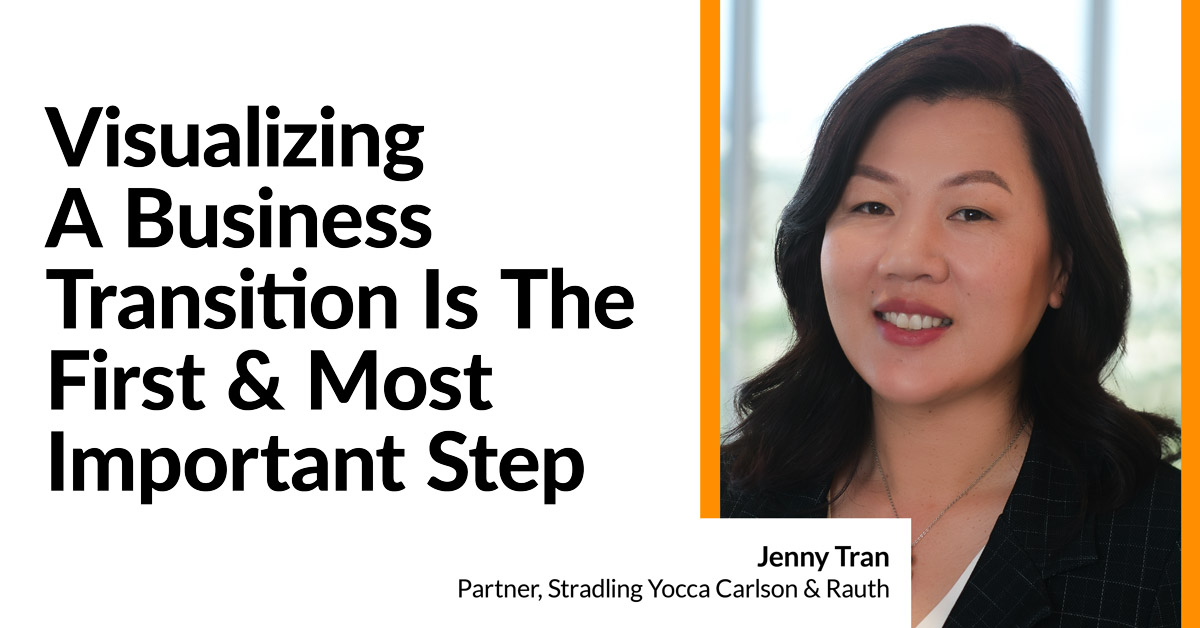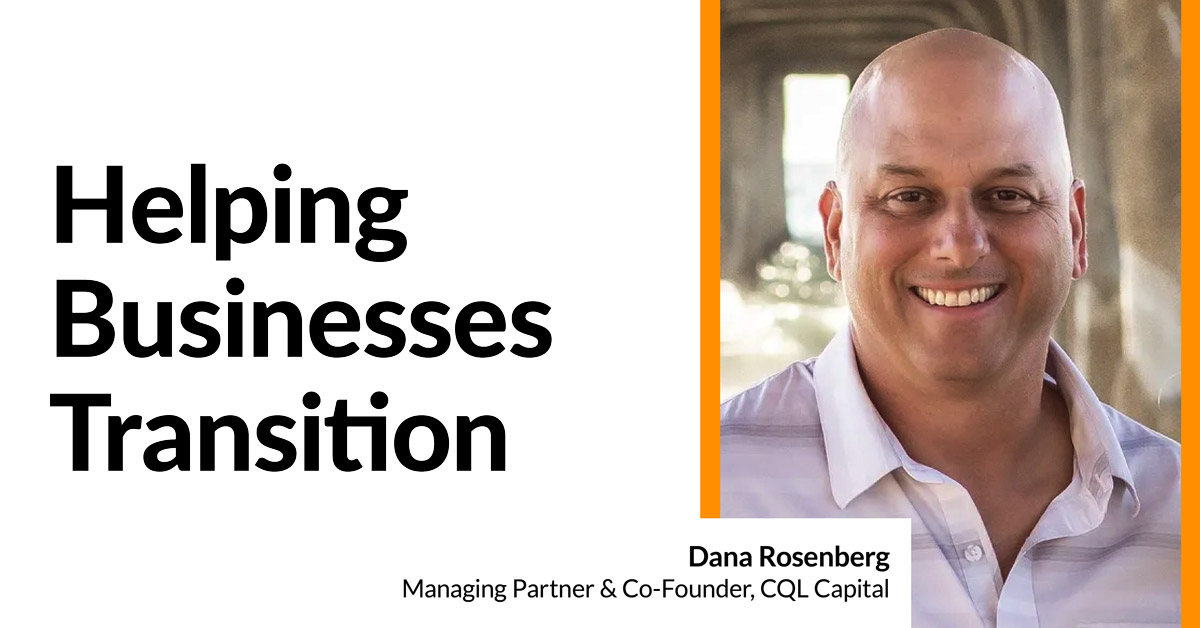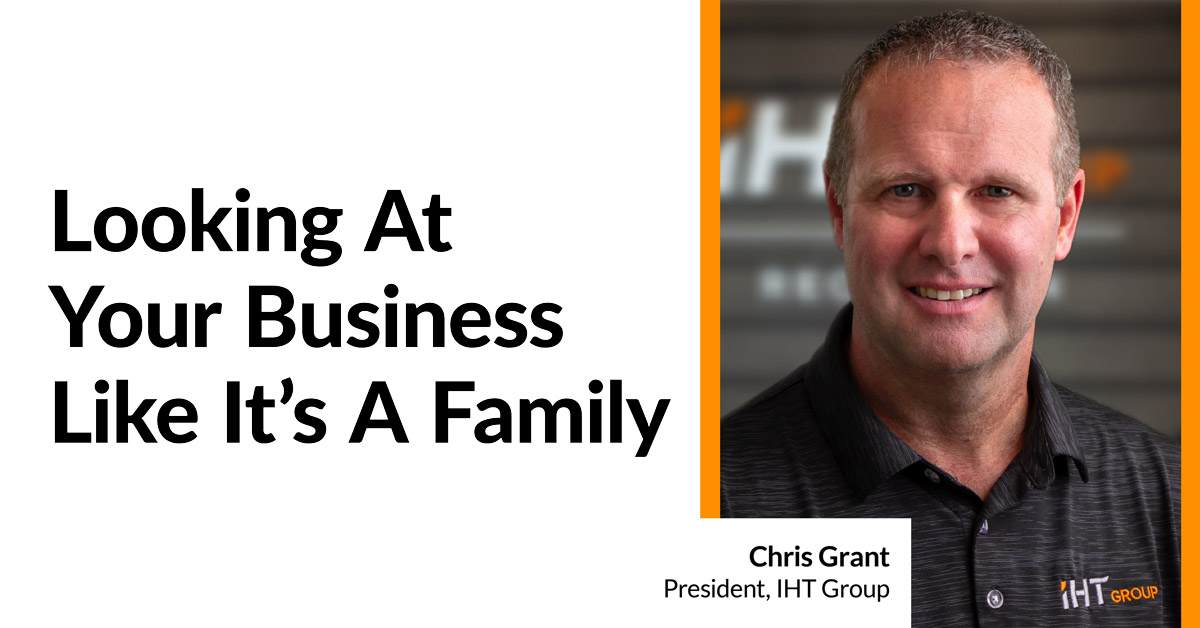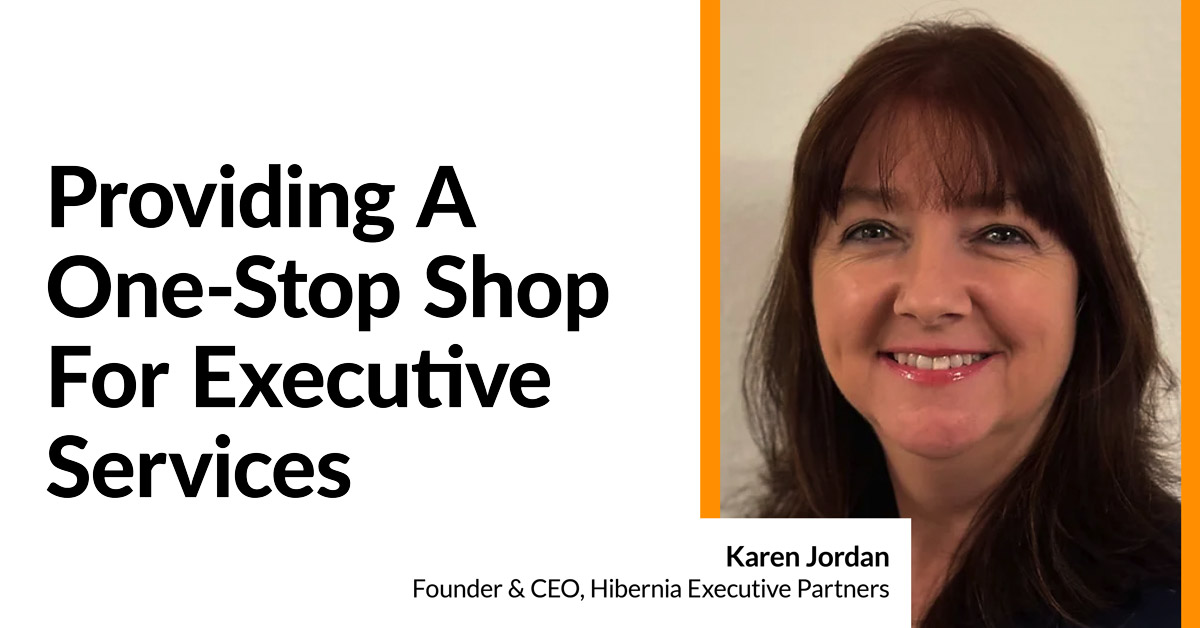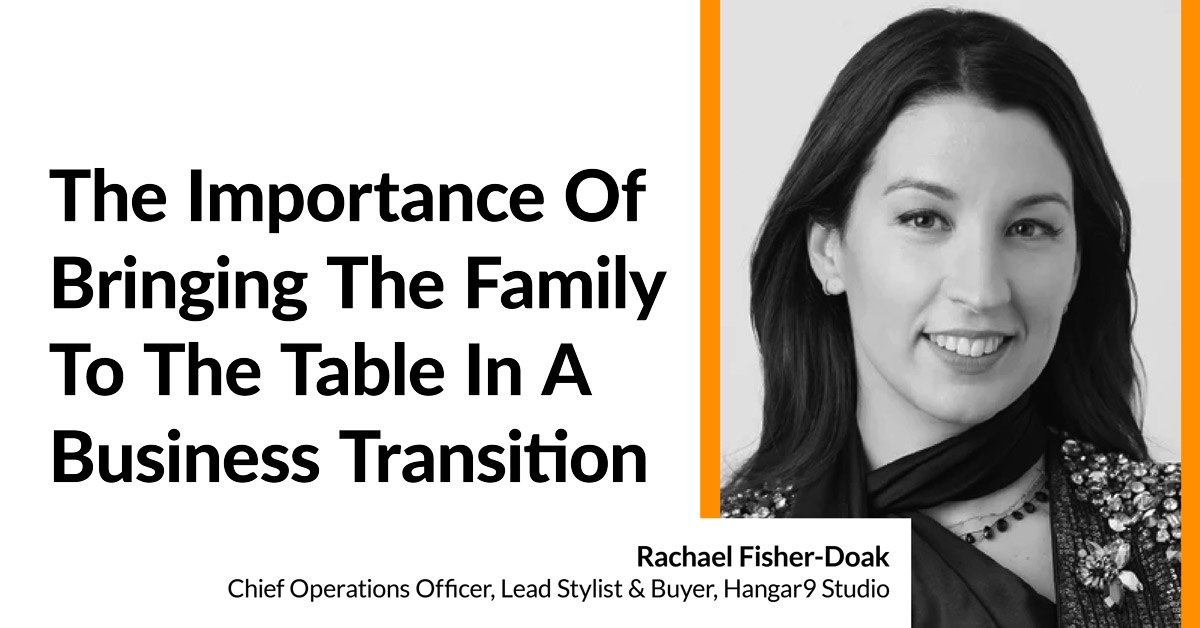When Selling a Business, First & Foremost, Hire a Good Advisor
Mario Toneguzzi
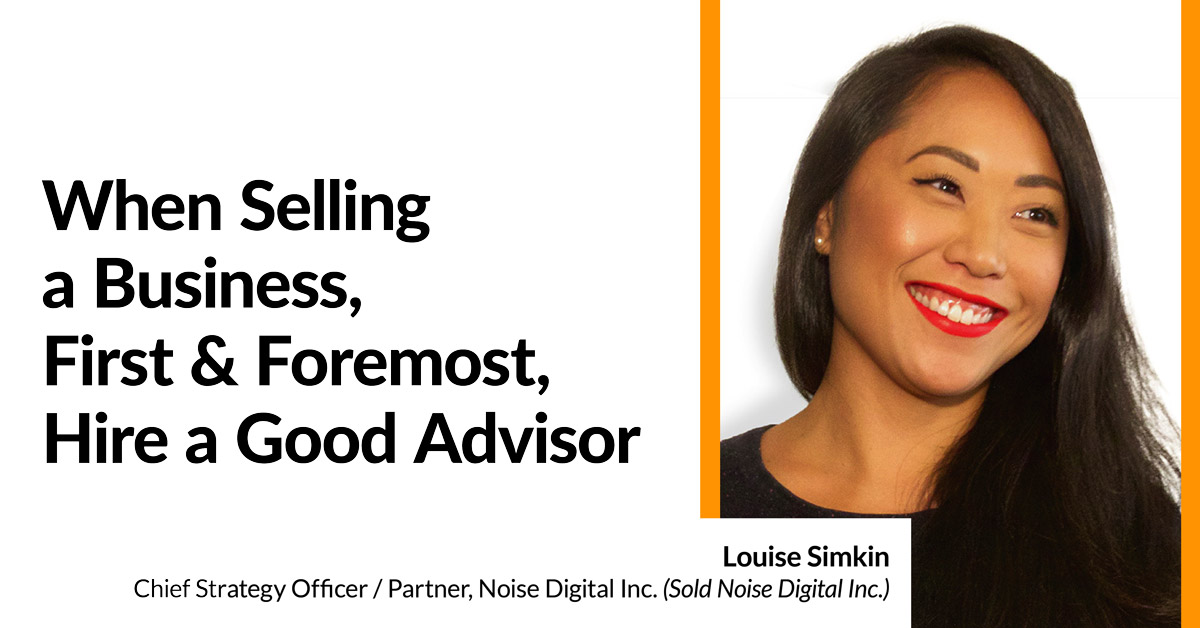
After the pandemic, Louise Simkin and her partner at Vancouver-based Noise Digital Inc. reviewed their business plan and realized they had already achieved some of their business goals as a digital media agency in Canada. The decision was made to sell in order to grow the business. In this interview she gives her three pieces of advice for companies wanting to sell:
- Hire a good advisor;
- Have a good CFO to put your financials in order; and
- Make it clear why you want to sell.
Enjoy,
Mark
After the pandemic, Louise Simkin and her partner at Vancouver-based Noise Digital Inc. reviewed their business plan and realized they had already achieved some of their business goals as a digital media agency in Canada.
So as they reviewed their plans, they thought more about the future and what they wanted to do.
“A big part of what we wanted to achieve was to grow into the U.S. and scale the company quicker than we could bootstrap it ourselves really. And so we thought about that, we were very happy running an independent company, we’d always punched above our weight as a result of being independently owned, had the benefit of being a nimble business in an industry that is rapidly changing all the time and it allowed us to be successful,” said Simkin, Chief Strategy Officer / Partner at Noise Digital Inc.
“We actually competed quite a lot against our bigger cousins, like the global holding companies, one of which ended up acquiring us. We competed well against those and we also competed well against even (big) consulting firms. So we were doing pretty well as a self-funded company. It was largely Canadian. The clients were largely Canadian and we wanted to reach the next (level) of growth in our business and remain on the same trajectory we were in. We felt that we needed a larger, strategic partner to help us get there.”
An advisor that works within the industry and had a lot of merger and acquisition experience was hired. He told them that there was a lot of demand from larger organizations in the industry post the pandemic. The company went through an initial process to put everything in order. Then a selective outreach, through the advisor, was launched. It included large global holding companies as well as some private equity firms.’
In the first round, it had five offers.
“There’s obviously the financial component but there’s also the cultural component of do we want to work with these people? Do we see the right fit? Is it the right decision for the close-knit team that we had? And are there career opportunities for them within this acquisition?” said Simkin.
“It was an emotional roller coaster for sure.”
“The whole process for us was almost close to two years. A year and a half. A really long time. Lots of careful consideration. Lots of late-night conversations. And second guessing. But since we signed the paperwork and made the decision and we’ve gone through the last six months of integration, it’s actually been a really positive experience and I think we made the right decision there,” added Simkin.
Simkin is a guest speaker at the next Business Transitions Forum on November 23 in Vancouver.
She’s part of a panel discussion in the closing keynote: Transition Stories - The Good, The Bad & The Ugly.
Noise Digital was founded in 1998 - a much different version than it is today. But in the digital marketing and media business. Simkin joined the company in 2013 and took on partnership in about 2019.
“We are in the digital media business. We specialize in what’s called performance marketing. We’re sort of on the new media side of the digital advertising business. Prior to our acquisition, we had offices in Vancouver and Toronto. And we would do the digital advertising strategy and marketing for some national brands and some B.C. brands some of which you would know - Destination Canada, Destination British Columbia, London Drugs, Save-On-Foods, A&W Canada, Rocky Mountaineer and the Jim Pattison Group as well,” she said.
“In April, we were acquired by one of the major global media agencies called Havas. They are owned by the Vivendi group which is a very large conglomerate company with its roots mainly in entertainment and media. Headquartered out of Paris, France.”
What’s her advice for companies looking to sell their business?
“My advice first and foremost is to hire a good advisor because if it’s your own company you can fall into making fairly emotional decisions and sometimes it’s good to have a second party there to really sort of ground you in reality and to have you look at your company through the lens that a potential acquirer would look at,” she said. “I think it’s very easy when you’re a business owner or a founder to have this emotional connection with your company and sometimes those emotions can kind of steer you down the wrong path.
“The second would be to make sure that you have a good CFO that has all of your financials in order. So really well-organized and auditable.
“The third is more of a personal piece. You really need to think about why it is you want to sell and where you see yourself in two years, five years and then 10 years because it’s important for an acquirer to know whether you have longevity, you want to stay in the business, you’re proud of what you built, if you want to remain working in the business or is this your exit, is this your retirement plan. I think you need to be clear on that before you decide on selling because it will dictate what your path looks like from there until you sell it.”
BACK






